Egyptian Civilization
History
afterlife

An existence in which an individual's identity continues to live after the death. Afterlife. In history, afterlife is the concept of a continued existence where people believed that their spirit or soul would live on after their physical death.
Akhenaton
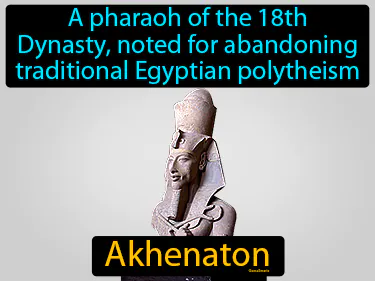
A pharaoh of the 18th Dynasty, noted for abandoning traditional Egyptian polytheism. Akhenaton. He was an ancient Egyptian ruler who introduced the worship of a single god, Aten.
Amenemhet
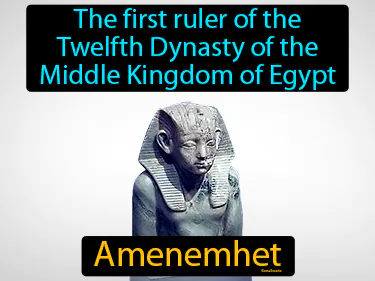
The first ruler of the Twelfth Dynasty of the Middle Kingdom of Egypt. Amenemhet. Amenemhet was a pharaoh who founded a new dynasty in ancient Egypt, helping to restore stability and prosperity.
cataract
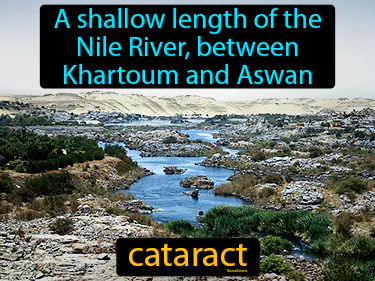
A shallow length of the Nile River, between Khartoum and Aswan. Cataract. In history, a cataract refers to rocky rapids in a river that made navigation difficult for ancient civilizations.
Crete
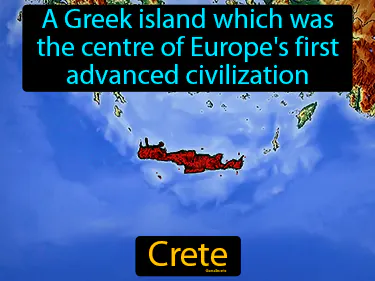
A Greek island which was the centre of Europe's first advanced civilization. Crete. Crete is an island where the Minoan civilization, known for its palaces and art, thrived around 2000 BC.
dynasty
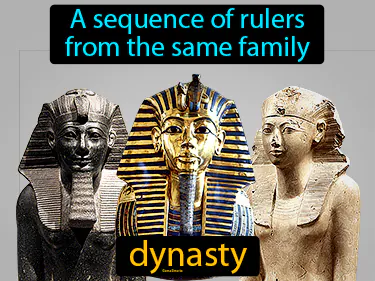
A sequence of rulers from the same family dynasty. A dynasty is a line of hereditary rulers from the same family that governs over a country or region.
famine
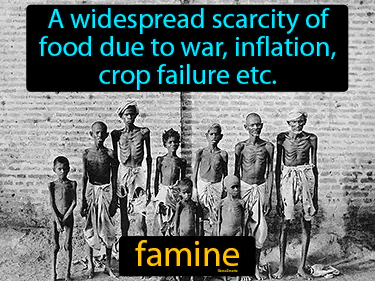
A widespread scarcity of food due to war, inflation, crop failure, etc., is famine. In history, famine refers to a severe shortage of food affecting large populations, often resulting in hunger and starvation.
Giza
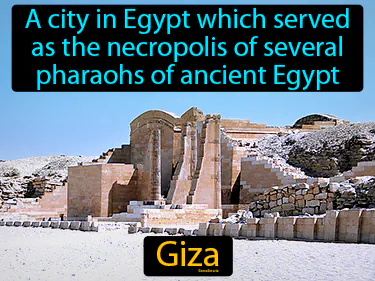
A city in Egypt which served as the necropolis of several pharaohs of ancient Egypt. Giza. Giza is the site of the famous pyramids and the Great Sphinx, built during the Fourth Dynasty of ancient Egypt.
Hatshepsut
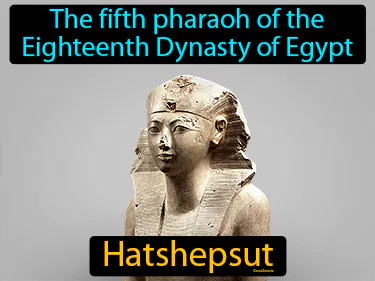
The fifth pharaoh of the Eighteenth Dynasty of Egypt, Hatshepsut. Hatshepsut was one of the most successful female pharaohs who expanded trade and built many important monuments.
hieroglyph
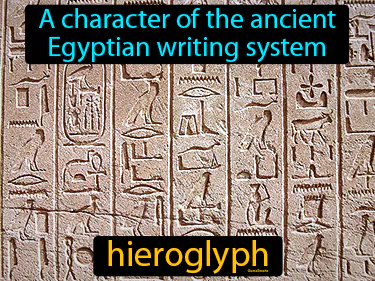
A character of the ancient Egyptian writing system. Hieroglyph. Hieroglyphs are symbols or pictures used by ancient Egyptians to represent words or sounds.
Khafre
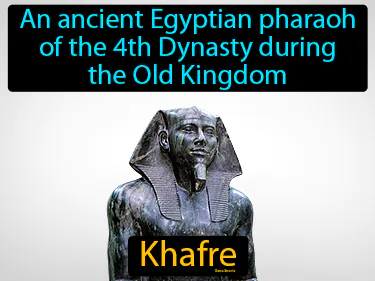
An ancient Egyptian pharaoh of the 4th Dynasty during the Old Kingdom. Khafre was the builder of the second largest pyramid at Giza and possibly the Great Sphinx.
Khufu
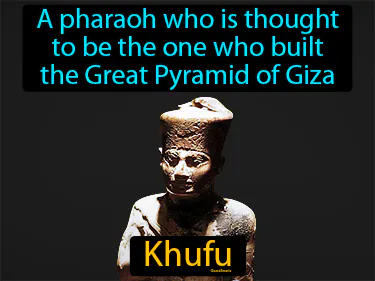
A pharaoh who is thought to be the one who built the Great Pyramid of Giza. Khufu. Khufu was an ancient Egyptian king from around 4,500 years ago, best known for constructing the Great Pyramid, one of the Seven Wonders of the Ancient World.
Lower Egypt
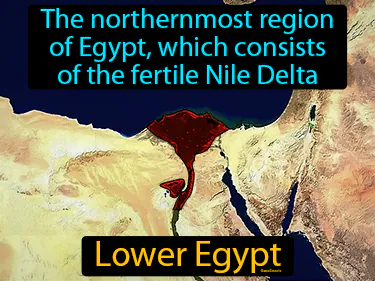
The northernmost region of Egypt, which consists of the fertile Nile Delta. Lower Egypt. Lower Egypt was the part of ancient Egypt located in the Nile Delta near the Mediterranean Sea.
Memphis
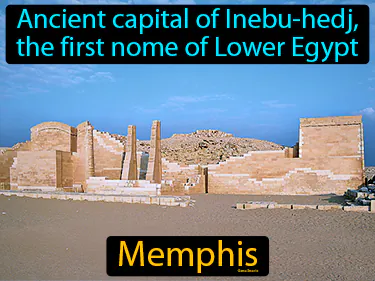
Ancient capital of Inebu-hedj, the first nome of Lower Egypt. Memphis. Memphis was one of the earliest and most important cities in ancient Egypt, serving as a royal residence and religious center.
Menes
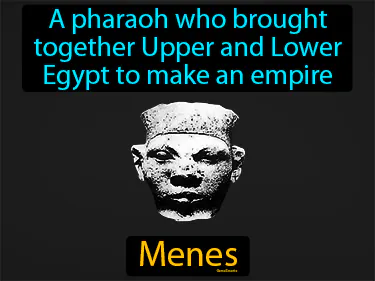
A pharaoh who brought together Upper and Lower Egypt to make an empire. Menes. Menes is traditionally credited as the first ruler to unite Upper and Lower Egypt into a single kingdom.
mummy

A dead body whose soft tissues and organs have been preserved. Mummy. In ancient history, a mummy is a body preserved with special treatments to prevent decay, often associated with Egyptian burial practices.
Neferti
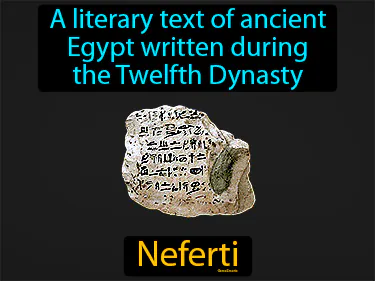
A literary text of ancient Egypt written during the Twelfth Dynasty. Neferti. Neferti is a prophetic text predicting chaos and the rise of a savior king in ancient Egyptian history.
Nefertiti
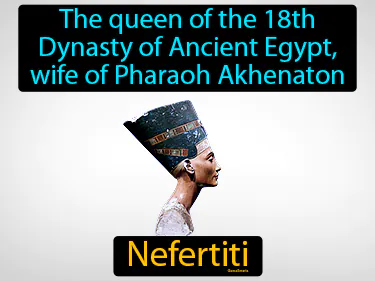
The queen of the 18th Dynasty of Ancient Egypt, wife of Pharaoh Akhenaton. Nefertiti. Nefertiti was an influential queen known for her beauty and role in Egypt's religious transformation.
Nile Valley
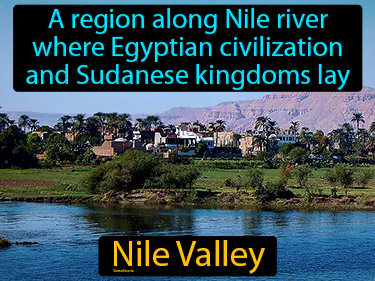
A region along Nile river where Egyptian civilization and Sudanese kingdoms lay. Nile Valley. The Nile Valley is a fertile region in northeastern Africa that was home to ancient Egyptian and Sudanese civilizations.
Nubia
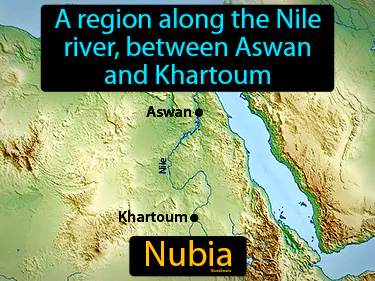
A region along the Nile river, between Aswan and Khartoum. Nubia. Nubia was an ancient civilization known for its rich culture and interactions with Ancient Egypt.
papyrus
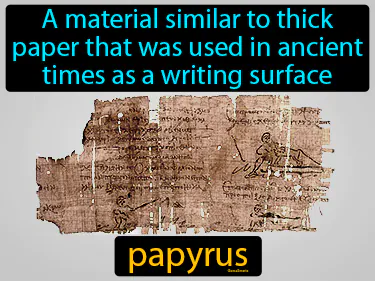
A material similar to thick paper that was used in ancient times as a writing surface. Papyrus. In ancient Egypt, papyrus was made from a plant and used for writing scrolls and documents.
pharaoh
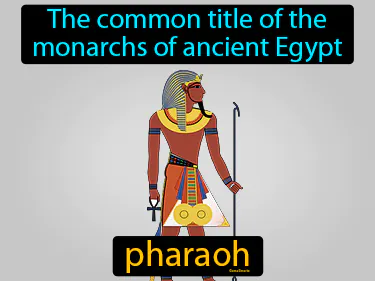
The common title of the monarchs of ancient Egypt Pharaoh. A pharaoh was the ruler of ancient Egypt, often considered both a king and a god.
pyramid
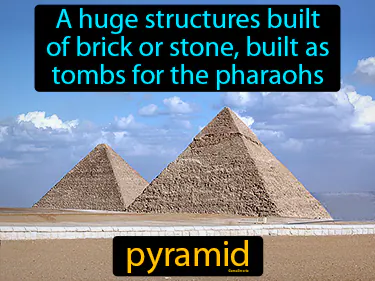
A huge structures built of brick or stone, built as tombs for the pharaohs. Pyramid. In ancient Egypt, pyramids were monumental tombs for pharaohs, showcasing their power and serving as a gateway to the afterlife.
Ramses II
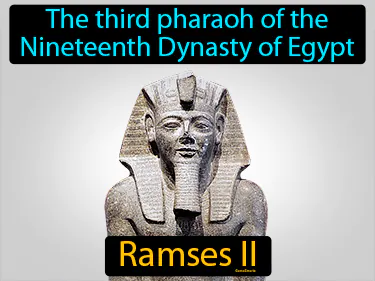
The third pharaoh of the Nineteenth Dynasty of Egypt. Ramses II. Ramses II, also known as Ramses the Great, was one of Egypt's most powerful and celebrated pharaohs.
reign
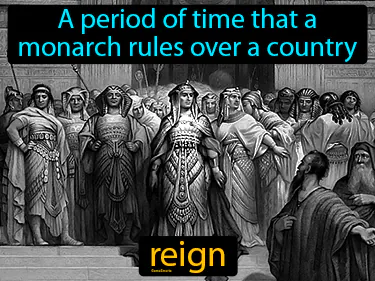
A period of time that a monarch rules over a country. Reign. A reign is when a king or queen leads a country.
rural
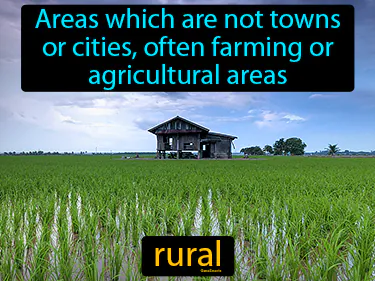
Areas which are not towns or cities, often farming or agricultural areas. Rural. In History, rural areas have been important as the primary locations for agriculture and the development of early human settlements.
Syria
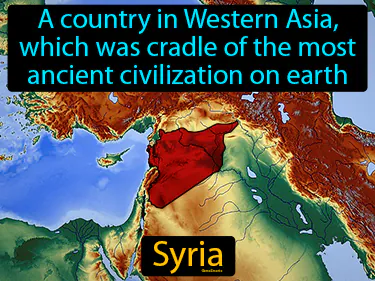
A country in Western Asia, which was cradle of the most ancient civilization on earth. Syria. It is a region with a rich history marked by ancient empires and cultural achievements.
Thutmose III
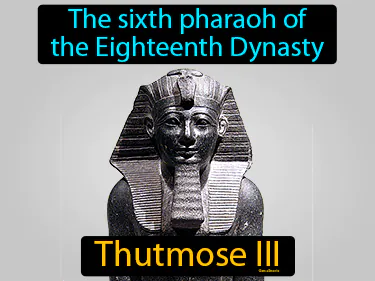
The sixth pharaoh of the Eighteenth Dynasty Thutmose III. Thutmose III was a powerful ancient Egyptian ruler known for expanding Egypt's empire through numerous military campaigns.
Tutankhamen
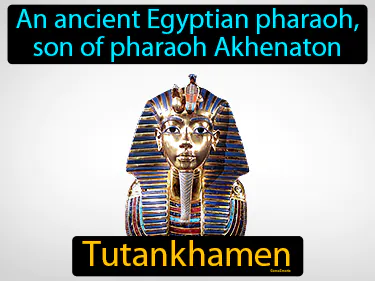
An ancient Egyptian pharaoh, son of pharaoh Akhenaton. Tutankhamen. He was a young Egyptian king famous for his intact tomb filled with treasures found in 1922.
Upper Egypt
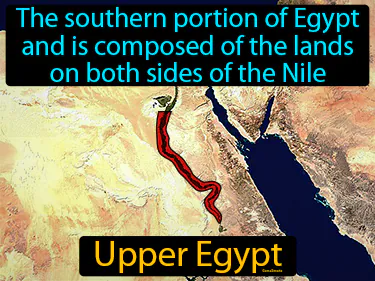
The southern portion of Egypt and is composed of the lands on both sides of the Nile. Upper Egypt. Upper Egypt is the southern region of ancient Egypt, known for being the area where the Nile River flows into the deserts before reaching the Mediterranean.
vizier
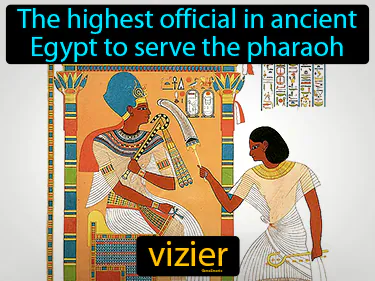
The highest official in ancient Egypt to serve the pharaoh. Vizier. The vizier was the pharaoh's top advisor and helped run the government.
Zoser
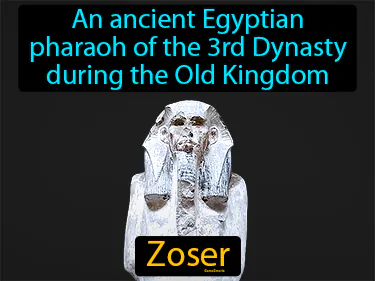
An ancient Egyptian pharaoh of the 3rd Dynasty during the Old Kingdom. Zoser. Zoser is known for building the first pyramid, the Step Pyramid at Saqqara.

